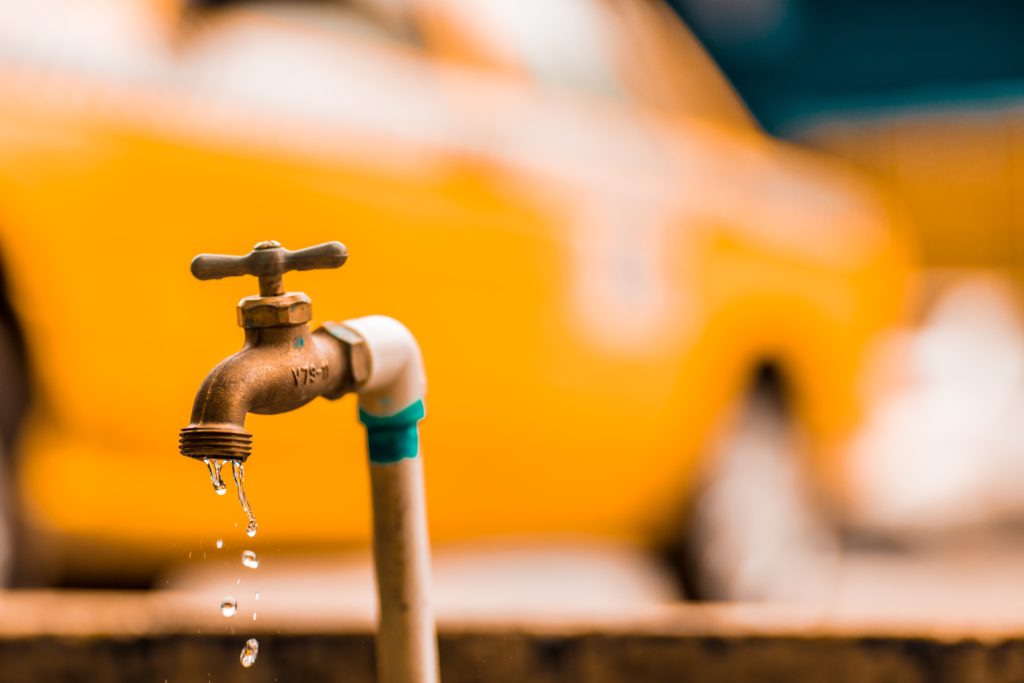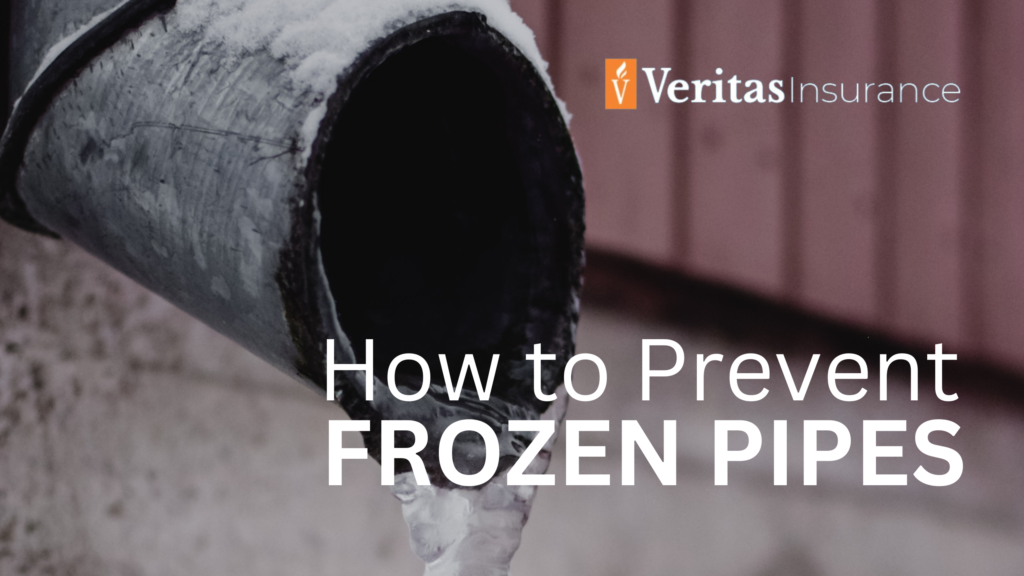Love it or hate it, it can get pretty cold in the winter, especially if you live in the mountains. It’s going to get down to the single digits this Christmas weekend in Johnson City, TN. With the cold temperatures, it’s important to make sure you are taking measures to prevent frozen pipes.
Why Do Frozen Pipes Burst?
Frozen pipe damage is one of the costliest home repairs. Unfortunately, it happens to homeowners regularly whenever there is a big freeze. Pipes that freeze are at risk of bursting due to the pressure exerted by the ice. Water is one of the few substances that expands when it freezes. This property allows ice to float, an important property in nature. But it also means it can cause your pipes to burst—a problem nobody wants to deal with.
Preventing Frozen Pipes
In temperatures under 20 degrees, pipes can freeze in as little as two hours. There are a few steps you can take to prevent your pipes from freezing. You can read about more devices you can use in our full report.
Outside Spigots
Disconnect and drain any outdoor hoses. It would also be a wise idea to install a cover or valve unit on outside faucets. Outdoor faucets can often be turned off from an indoor shut-off valve. If there is a shut-off valve, you should drain the line by turning the faucet on until it has drained completely. This resource provides more information on protecting outdoor faucets.
Indoor Pipes
Here are a few tips from the Red Cross for preventing indoor pipes from freezing:
- Keep garage doors closed
- Open kitchen cabinets to allow warm air flow
- Don’t turn the thermostat down at night
- If you will be away, don’t set the indoor thermostat any lower than 55 degrees Fahrenheit
- Keep the water on every faucet turned on at a trickle (pipes can still freeze if it’s only a drip)

Devices to Prevent Frozen Pipes
There are several devices or materials you can use to insulate your pipes. Our full report goes into more detail, but some of these include spray foam that can be sprayed into the wall cavity, heat tape to wrap pipes, and valve units that can be screwed onto exposed faucets.
Do You Have Adequate Home Insurance Coverage?
Remember, rebuilding and repair costs have increased a lot over the past few years. If you end up needing to do major plumbing or structure repairs due to frozen pipes or other unforeseen hazards, make sure you have adequate homeowners’ insurance to cover the damage. Be sure to check out our free eBook on how to save money on home insurance. If you have any questions or would like a free home insurance quote, feel free to request a quote online or call our office at (423) 292-4142.
Let's Get Social!

Understanding Bodily Injury Coverage in Roofers Insurance
Being a roofing contractor is rewarding yet demanding. Roofers face risks, so having a roofer’s insurance is crucial. This insurance covers various liabilities and risks, making it essential for

Keeping it Fresh: Maintaining Your Refrigerator Door Seals
Your refrigerator’s gasket is like a trusty sidekick for food freshness, playing a pivotal role in keeping the cold air in and the warm air out. This essential component




